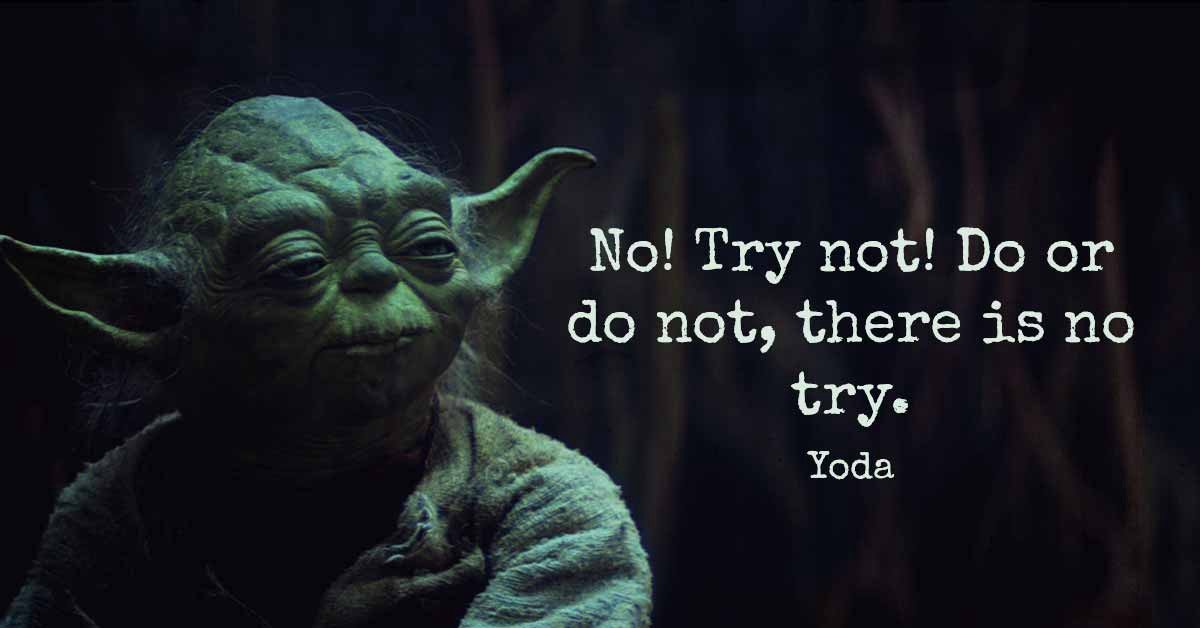Hussar
Legend
Because you are operating from the presumption that I'm cool with the idea of "You might command... behaves" as a "black and white thing. See, "Eating a berry that provides 24 hours of nourishment" is not exactly a stretch. But, a spell that INCLUDES vague phrasing is the entire problem in a nutshell.A. Taking the exact reading into the exact wording of "the berry provides enough nourishment to sustain a creature for one day" an jumping from there to "so it must make you feel full, therefore it must make food that you eat after eating a goodberry less appetizing" needs several logical leaps and inferences to do something that the designers didn't really foresee or intend (giving you an edge on a pie baking contest).
B. Reading the spell description of Command and seeing in black and white "You might issue a command other than one described here. If you do so, the DM determines how the target behaves." and then doing exactly what the spell says to do.
There's nothing vague open about "eating this provides 24 hours of nourishment". That's not an open ended description.
"This spell can do whatever you can convince your DM to let you get away with" is open ended and very poor game design.



